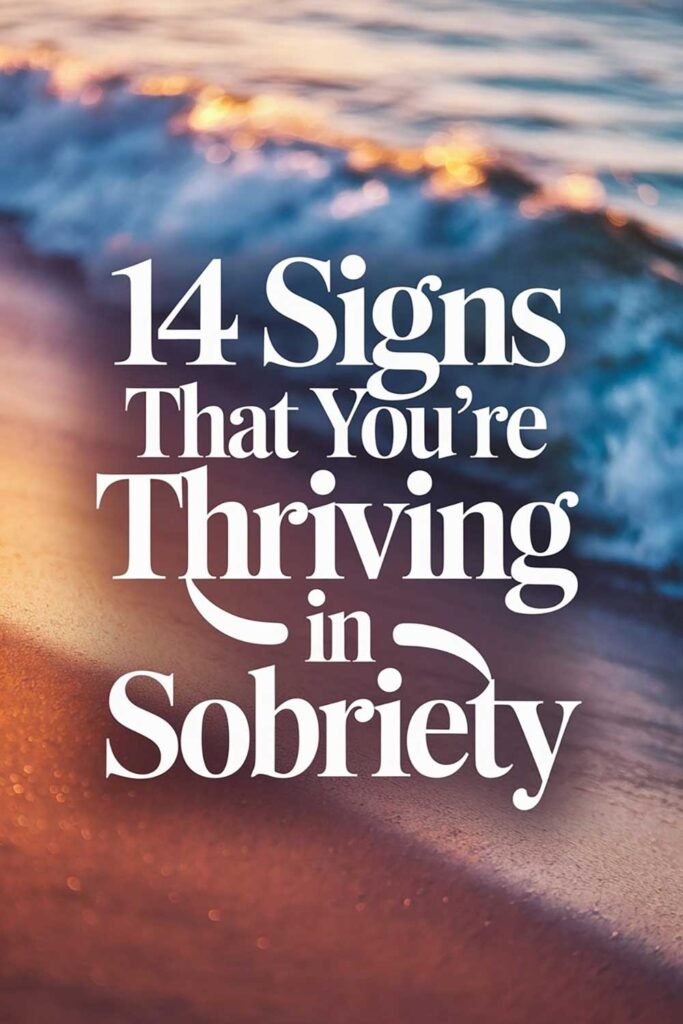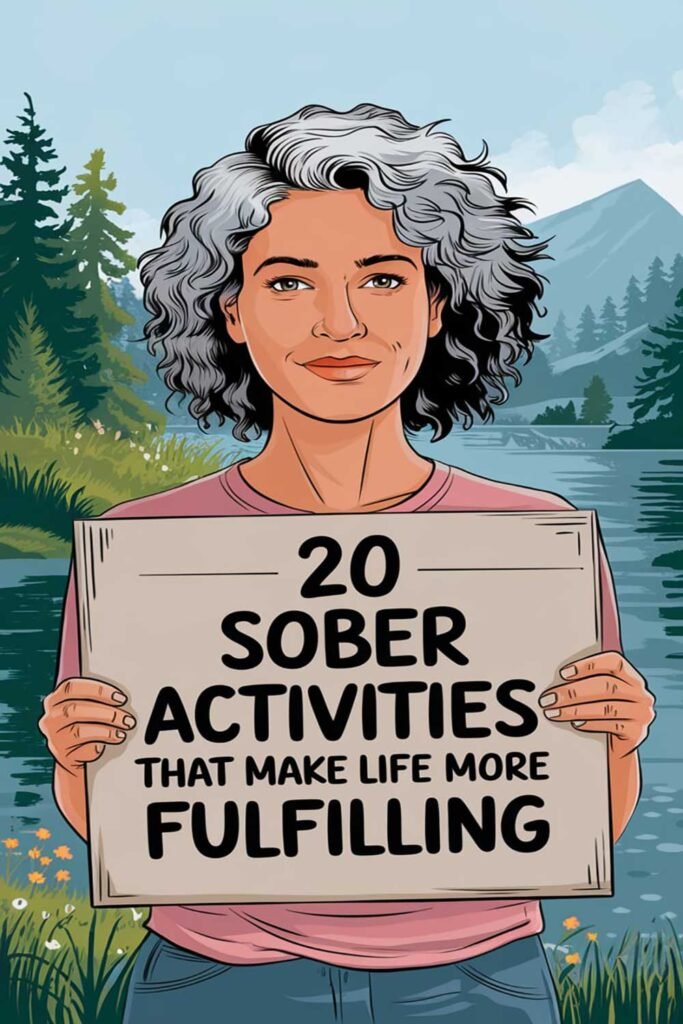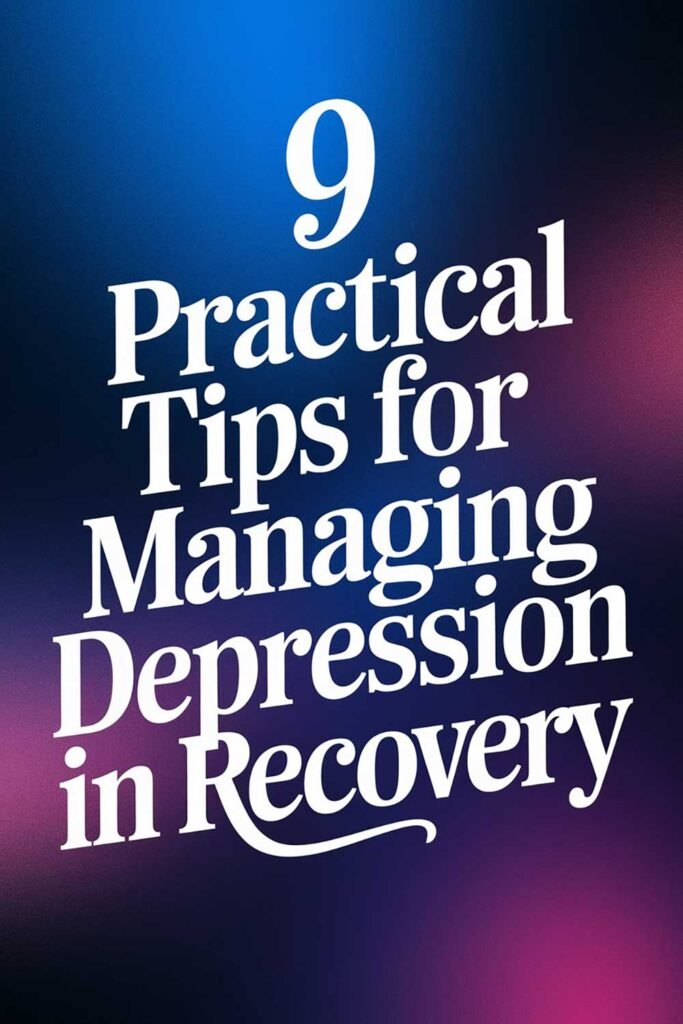7 Ways to Overcome Triggers and Avoid Relapse
Introduction
Staying sober is a daily commitment, and one of the biggest challenges in recovery is learning how to overcome triggers and avoid relapse. Triggers can be emotional, environmental, or social cues that reignite cravings, making it crucial to have a strategy in place. By recognizing these triggers and implementing healthy coping mechanisms, you can maintain long-term sobriety and protect your progress.

This guide will walk you through seven powerful ways to overcome triggers and stay on the path of recovery.
1. Identify and Understand Your Triggers
The first step in overcoming triggers is to recognize them. Triggers can fall into different categories:
- Emotional triggers – Stress, loneliness, anxiety, boredom, anger.
- Environmental triggers – Certain places, music, smells, or seeing substances.
- Social triggers – Being around certain people or events where substance use is present.
- Routine triggers – Times of day or habits associated with past substance use.
How to Manage It:
- Keep a trigger journal to track what situations or emotions make you crave substances.
- Develop self-awareness so you can anticipate and prepare for high-risk moments.
- Use mindfulness to pause and assess your feelings before reacting.
2. Develop Healthy Coping Mechanisms
Replacing old habits with healthier alternatives helps prevent relapse.
Healthy Coping Strategies:
- Exercise regularly – Running, yoga, or weightlifting can release endorphins and reduce stress.
- Practice deep breathing or meditation to manage anxiety.
- Engage in creative outlets such as writing, painting, or playing music.
- Call a friend, sponsor, or support person when feeling overwhelmed.
- Use positive affirmations to remind yourself why you chose sobriety.
3. Create a Strong Support System
Recovery is easier when you have people who encourage and uplift you. Surround yourself with those who understand and respect your sobriety.
How to Build Support:
- Stay connected with support groups such as AA, NA, or SMART Recovery.
- Seek out mentors, sponsors, or accountability partners.
- Communicate openly with family and friends about your journey and boundaries.
- Remove toxic influences from your life, even if they are long-time friends.
4. Avoid High-Risk Situations
Not all environments are safe for your sobriety. Learning to say no and avoiding places or events that trigger cravings is crucial.
How to Stay Safe:
- Plan ahead for social gatherings – bring a sober friend or have an exit strategy.
- Change routines that involve passing by places tied to past substance use.
- Say no confidently if offered a drink or drug.
- Have a list of excuses prepared if you need a quick way to leave a situation.
5. Focus on Self-Care and Mental Health
A healthy mind and body make it easier to resist cravings and maintain sobriety.
Essential Self-Care Practices:
- Prioritize sleep – Being well-rested helps with emotional regulation.
- Eat nutritious meals to support brain function and energy levels.
- Practice gratitude by writing down three positive things each day.
- Set small goals and celebrate achievements in your recovery.
- Engage in therapy or counseling to work through underlying emotional struggles.
6. Have a Relapse Prevention Plan
Even with the best strategies, cravings can still arise. Having a relapse prevention plan ensures you stay prepared.
Steps for a Relapse Prevention Plan:
- Identify early warning signs of relapse (increased stress, skipping meetings, isolation).
- Create a step-by-step action plan for what to do if cravings intensify.
- Keep a list of emergency contacts who can provide support.
- Have a go-to distraction activity such as reading, working out, or a hobby.
- Remind yourself of the consequences of relapse and how far you’ve come.
7. Take It One Day at a Time
Sobriety is not about never feeling tempted—it’s about making the right choice in the present moment.
How to Stay Focused:
- Break your sobriety into manageable time frames – focus on staying sober just for today.
- Remind yourself that cravings pass and you don’t have to act on them.
- Celebrate daily victories – Every sober day is a step toward a brighter future.
- Trust the recovery process and be patient with yourself.
Inspirational Quotes on Overcoming Triggers & Relapse
- “You are stronger than your cravings. Every time you say no, you win.”
- “Relapse is not the end of recovery—it’s a lesson to grow from.”
- “One day at a time is all you need to focus on.”
- “Your worst day in sobriety is still better than your best day in addiction.”
- “The pain of discipline is always less than the pain of regret.”
- “Triggers lose their power when you refuse to react to them.”
- “Your future self will thank you for every sober choice you make today.”
Picture This
Imagine waking up in the morning feeling clear-headed, strong, and confident in your sobriety. Triggers no longer control you—you control them. You face challenges with resilience and know exactly how to handle cravings when they arise.
Each day, you choose growth over relapse, strength over weakness, and a brighter future over a painful past. Your commitment to sobriety is unwavering, and you are living proof that recovery is possible.
Are you ready to take control and stay strong in your journey?
Please Share This Article
If this guide helped you, please share it with others in recovery who may need support in overcoming triggers and avoiding relapse. Together, we can stay strong.






